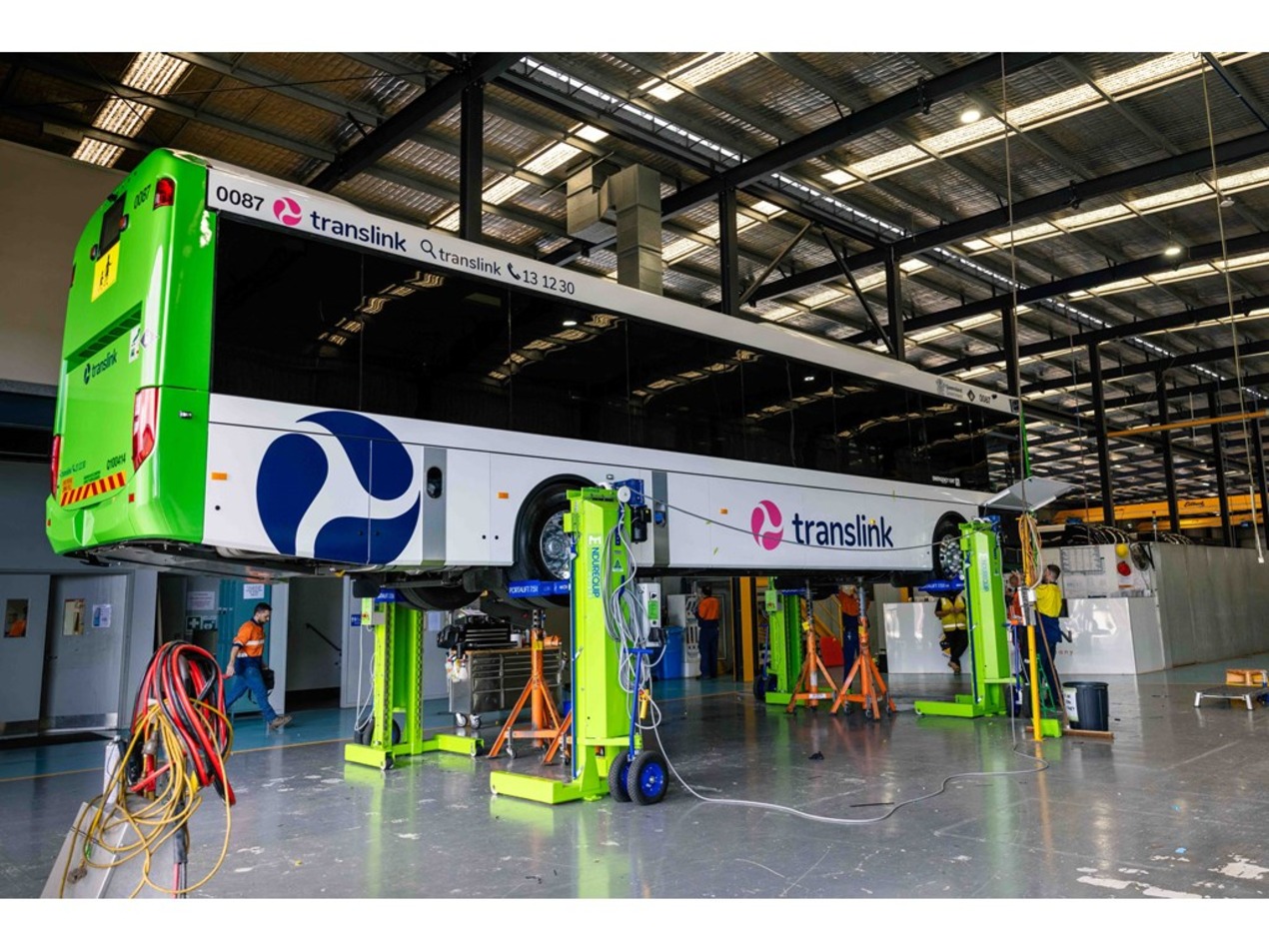
Australia has long been driving a country wide push for open government data. With their data.gov.au portal- citizens are provided a central catalogue to discover over 7,209 public data sets.
The portal also provides hosting for tabular, spatial and relational data with hosted APIs and the option for agencies to link data and services hosted by other government sources.
One of the leaders advocating for open data throughout Australia is Pia Waugh…
OpenGov recently spoke to Pia Waugh, Director of Data Infrastructure and Government Engagement, Department of the Prime Minister and Cabinet, Australia, about her idea of Government as an API, the recent release of Australia’s Public Data Policy Statement, and her upcoming webinar on Public User Needs.
Shift towards Greater Consolidation of Government Data, Greater Influence across Australia
Before October of this year, Waugh was the Director for Gov 2.0 and Coordination, Technology and Procurement Division, at the Australian Department of Finance. While there, she led the team working with the open data initiative and data.gov.au.
Since then, the open data and data.gov.au- external site team from the Department of Finance merged with the Data Policy Branch (including spatial, National Map, ANZLIC – the Spatial Information Council) and the Digital Government Strategy team from the Department of Communications and the Arts, to create a new branch at the Department of the Prime Minister and Cabinet.
Waugh’s recent assignment to the Department of the Prime Minister and Cabinet allows for greater influence and reach across the Australian Government, although her open data initiative has always been well received.
“By merit of the good work that we do, we already constructed a fair bit of capabilities, influence, and support throughout the whole of government. With the new work program being consolidated, it helps our already good reputation with the organisations,” stated Waugh.
Her new role allows her to provide technical support, look at open data skills and capabilities across the whole of government, and survey data infrastructure of organisations- making sure it complies with government needs.
Government as an API: an idea to drive further digital transformation
As Director of Data Infrastructure and Government Engagement, Waugh is in the forefront of the Open Government Data push and an outspoken believer in ‘Government as an API’.
What does this mean? As Waugh describes in her blog:
Government as an API is about making Government one big conceptual API. Making the stuff that Government does discoverable programmatically, making the stuff that it does consumable programmatically, making Government the platform or a platform on which industry and citizens and indeed other Governments can actually innovate and value add.
APIs have the ability to talk to each other and automate some of the government processes to make service delivery more efficient. This is why Waugh’s idea is starting to take off and draw attention towards the work of data.gov.au.
“All backend systems, whether they are transaction services, content, or data, if all of those are API enabled, they make user centric services a lot more responsive and agile,” stated Waugh, “If you build a user centric service through an API today, then you can do another one quicker tomorrow and better adapt to augmented reality- or whatever the future will bring us.”
Waugh hopes that this idea of Government as an API will resonate with others, as its adoption has the potential to make government more mashable. This means that it would be easy to pull content together across organisations so users are presented with everything they need from the whole of government.
Currently, Waugh sees that there have been some good early steps in the space of open data. As for organisation systems, some organisations are just beginning to see the benefit of ‘Government as an API’.
“If you don’t publish your data programmatically, then you are not going to get the most value out of it,” stated Waugh, “There has been a major shift to publishing data in documents, publishing data as APIs. In the data space, there has been much progress. In the systems space, it is still early days- organisations are just beginning to understand the benefit of an API driven approach.”
Australia Government Releases Public Data Policy Statement
On Monday, the Australian Government released its Public Data Policy Statement- reinforcing the Government’s commitment to open data and data-driven innovation.
Woohoo! RT @dpmc_gov_au Aus Govt releases Public Data Policy Statement to optimise reuse of public data https://t.co/LR5SHB3JhO #opendata
— Pia Waugh (@piawaugh) December 7, 2015
“The Government has had an open data policy for a while but this is the first time that we have a single Federal Government Open Data Policy,” Waugh told us, “This helps to make it more understandable, more consistent, and give much clearer instructions to government organisations about their obligations regarding data.”
The Public Data Policy Statement acts as a means to consolidate government policy on a whole-of-government scale.
The journey towards a more consolidated policy regarding open data required a lot of behind-the-scenes work. Waugh said that this required her team to understand data needs and how to better share data across government.
As a result, the Public Data Policy Statement is expected help improve policy regarding data, produce better outcomes, and boost service delivery. Since the Statement was delivered through the Department of the Prime Minister and Cabinet, it is hoped to have greater influence on the approach to data utilisation across the Government.
“With our team working from the Department of the Prime Minister and Cabinet, we have the opportunity to put data at the centre of Government, not just data specialisation, but everything that we do,” Waugh said, “This is because data is crucial to government being responsive.”
Data.Gov.Au to hold a Public User Needs Webinar on Open Data
The team behind data.gov.au provides a range of technical, infrastructure, and moral support to organisations across the whole of government.
Through organisational outreach and support efforts, data.gov.au has come a long way from hosting 500 datasets, as it now hosts over 7,000 datasets.
In addition to providing data support and guidance, the data.gov.au team is driving people to engage with its platform and its vision for a data-driven government.
Next week, the team behind data.gov.au will be hosting a 2 hour Public User Needs Workshop at their Canberra office. The data.gov.au team is inviting all interested parties to attend the workshop on 16 December 2015, as part of a broader data.gov.au Forum.
The purpose of the workshop is to receive input from data users in the general public and industry that will help the team design the roadmap for data.gov.au in 2016.
Google Hangout will be used to stream the public user needs session so anyone can participate and contribute remotely.
Waugh expressed her excitement to host the workshop and looks forward to receiving feedback and input on the data.gov.au platform.
Anyone interested in attending or e-attending, may register at https://www.eventbrite.com.au/e/datagovau-public-user-needs-workshop-tickets-19746665809





















